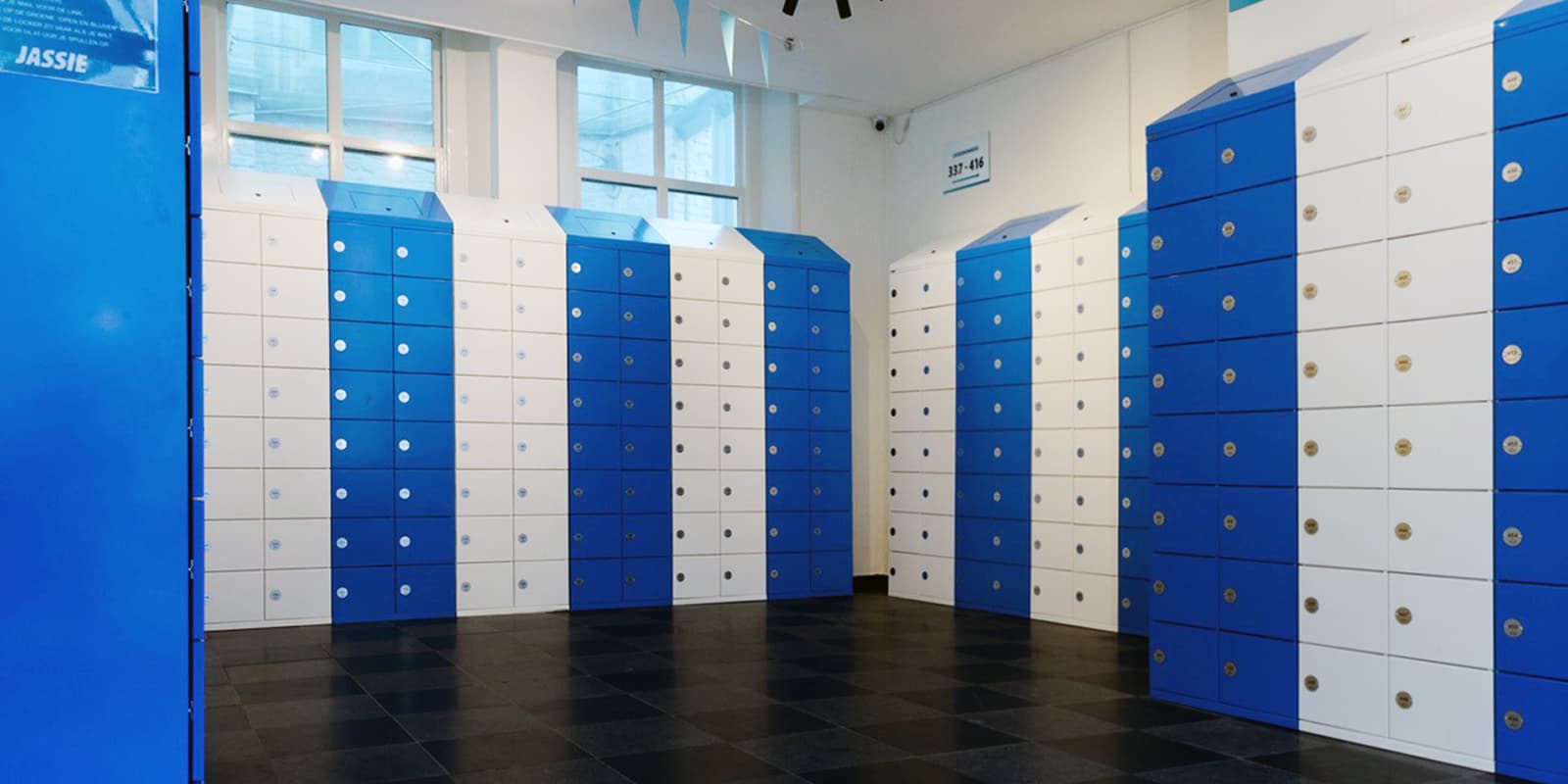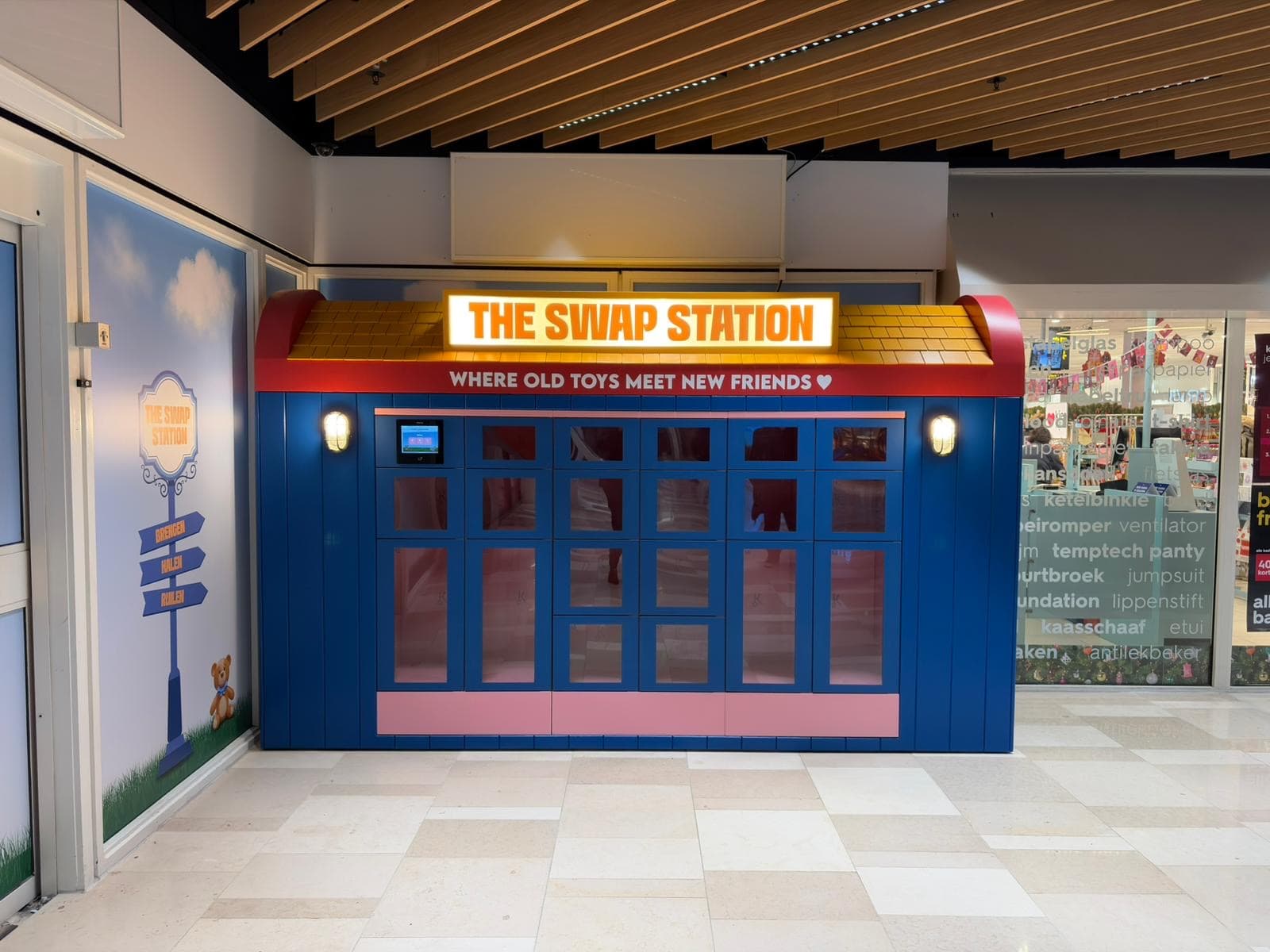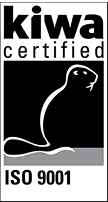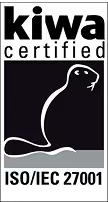
Unlocking Clarity in Changing Rooms


Over 500 electronic lockers were installed
Serves more than 6,500 employees at one of Belgium’s largest hospitals
Savings by switching to flexible-use lockers
Summary
Goodbye Padlocks, Hello Smart Lockers
Ghent University Hospital is a major teaching hospital with more than 1, 000 beds and roughly 6 ,000 employees. In 2023 and 2024, management began converting traditional padlocked lockers to digital changing room solutions for nursing staff.
The goal: create a safer, more hygienic environment, improve locker availability visibility and simplify daily routines for its large workforce.
Ghent University Hospital’s Challenges
Unavailable Lockers
Employees left lockers closed after finishing shifts, leaving management unsure which spaces were free.
No Management Visibility
Without a digital system, there was no central view of locker availability or usage patterns.
Outdated Padlock System
Traditional key and padlock lockers were inefficient and caused unnecessary admin work.
Project Coordination
Rolling out a new locker system across floors required close collaboration between IT, facilities and external partners.
A Smarter Solution
Discovery
Through a public tender, the hospital identified the need to digitise its changing rooms and invited proposals for a secure, integrated locker system.
Solution & Recommendation
Keynius recommended smart lockers controlled via terminals and RFID readers, fully integrated with the hospital’s user access management and Azure Active Directory.
Customization & Collaboration
A local Belgium implementation manager coordinated weekly meetings with hospital IT and facilities teams. Within two months, more than 1 ,000 locker doors were installed and connected to the hospital’s systems.
Why Keynius
Keynius and partner, Olssen, won the tender thanks to a strong balance of technology, price and quality, ranking first among competitors.
The Results: Enhanced Visibility and Staff Satisfaction
With digital lockers in place, the hospital now tracks locker availability in real time, eliminates confusion over which lockers are free, and gives staff quick, secure access using their ID cards.
- Real‑time overview of locker occupancy via the Keynius platform.
- Ventilated steel lockers enhance hygiene and staff satisfaction
- RFID access cards give staff a fixed locker, ending key management
- Integration with Azure AD ensures secure, centralised management of user access.
Conclusion
By replacing padlocked lockers with Smart Lock systems, Ghent University Hospital transformed its changing rooms. Over 500 ventilated steel lockers now serve more than 6 000 employees, giving management real‑time visibility and improving hygiene. Staff use their existing ID cards to access personal lockers, reducing the risk of lost keys and saving administrative time.
As renovations continue across the hospital’s floors, the digital locker solution will be expanded, underscoring a commitment to modern infrastructure and enhanced staff well‑being.
Smart lockers for every solution
Contact us now to learn how Keynius can turn your storage problems into practical, profitable solutions.

Related Case Studies












%201.svg)
%201.svg)
